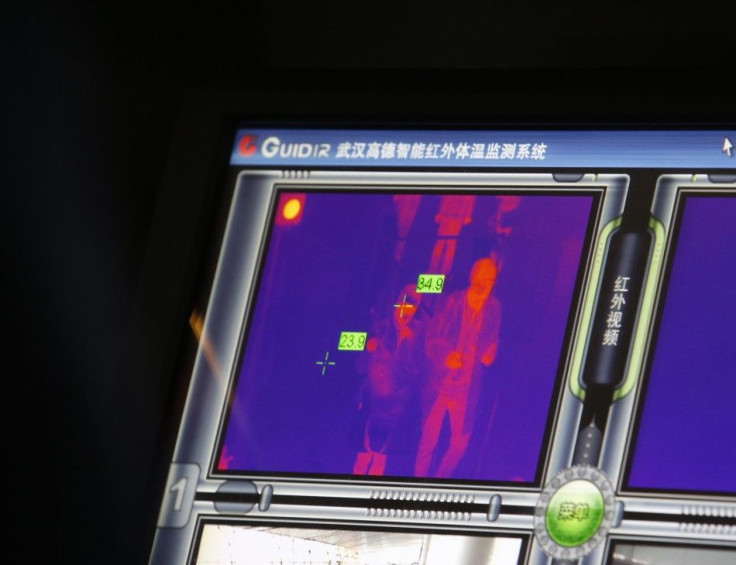Ebola Update: Canada Enforces Quarantine On High-Risk Travellers From Hot Zones

Travellers from the Ebola hot zones in West African nations such as Guinea, Sierra Leone or Liberia ought to brace themselves for quarantine procedures once they get to Canada. The Public Health Agency of Canada on Monday issued a statement that it is tightening restrictions on travellers from those countries. The new guidelines, which is the first time the country has directly targeted asymptomatic travellers, include self-monitoring and quarantine measures at a home or at a facility for 21 days after arrival in Canada. They must also follow twice-a-day temperature checks.
In issuing the new guidelines, Canada classified two classes of travellers from West Africa: those with high risk and those with low risk. High-risk travellers are those who have had direct contact with Ebola patients, such as funeral attendants and family members. Returning healthcare workers were not included in that particular list. Moreover, local public health authorities are given the leeway to decide if a returning medical worker should go into quarantine in their home or in a facility for 21 days.
However, anyone seen ill upon arrival and displaying Ebola-like symptoms would be immediately isolated until tests determine if the person is really infected. If the results turn out negative, the person will be released from the hospital but will still be required to self-monitor.
Those who do not display symptoms immediately upon arrival will be given an information kit that includes a thermometer. They will be told to take two temperature checks a day.
There has never been a case of Ebola in Canada. At the start of the month, Canada enacted a visa ban toward travellers of Ebola-afflicted West African nations Liberia, Guinea and Sierra Leone, prompting observers to believe that Monday's latest regulations, without explicitly saying, were issued and directed toward returning health-are workers and people who work for humanitarian aid groups.
Chris Alexander, Canada's immigration minister, explained that the visa ban was a precautionary measure "taken to protect the health and safety of Canadians here at home." The affected Ebola hot zones called it discriminatory. According to The Globe and Mail, the World Health Organisation has stepped into the fray, asking Canada to submit explanations on why it decided on the visa ban, which it deemed was not based on science.





















